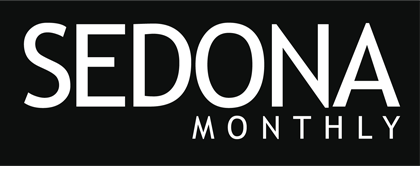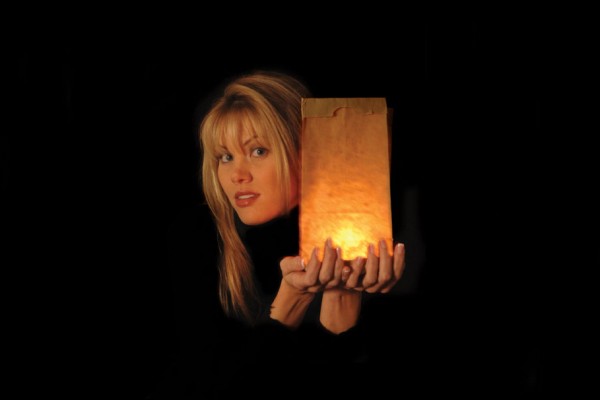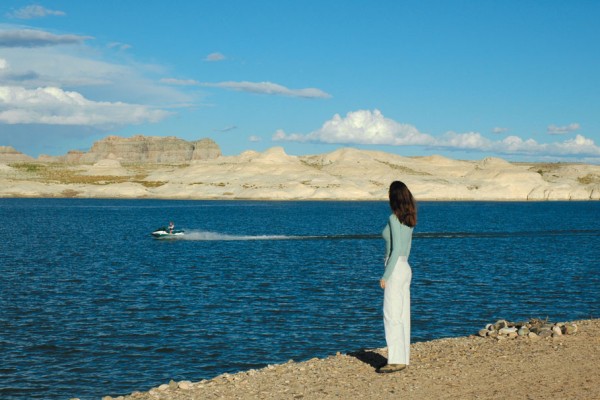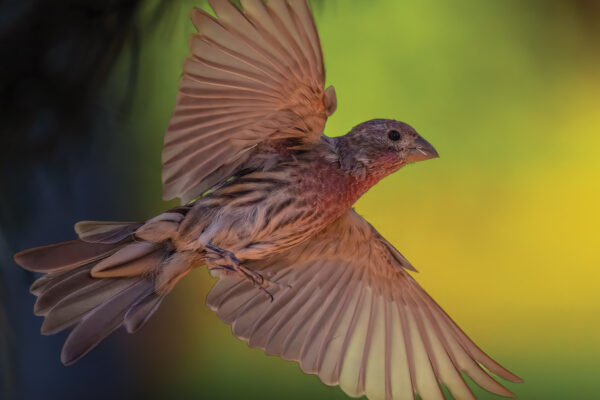Continued (page 2 of 4)
We also want to have enough films screened by our community screening committee to ensure that we have a diverse program that is entertaining to the people here in Sedona. One film I’m working to retain the rights to is an Austrian mock documentary that compares living in Vienna to living in a U.S. Southwestern city. This is a case of an international voice of unique interest to our community.
Looking into the future, how do you see the film festival growing in the next five years?
I see the film festival extending to two weekends and a week. To the benefit of visitors here in Sedona and residents and the local businesses, I would like to see us have a full week of programming. I think already this year perhaps we have enough programming to have gone for 8 or 9 days. And I am very surprised by that.
I’d also like to see the Film Festival accept its role here in northern Arizona as an educational body or as an entity that can provide a number of opportunities throughout the year. In 2004, for the first time, we will be offering children’s filmmaking and children’s interactive filmmaking experiences, and we would look forward to bringing that program under its own umbrella in the future. Logically, children’s filmmaking would be very valuable in the fall as the kids start back to school.
We’re looking at some other off-season works. Maybe some outdoor classic film nights during the summer. We are just starting to develop our own screening center here. Perhaps I could see us doing weekly or monthly screenings one or two nights a week; a teen night when kids could watch films and hear from a filmmaker.
We can provide the playing field, and then anyone could come and join in. That is our role. I think over the next five years we’ll build conservatively year over year, build up as an annual premium event and at the same time try to do whatever we can to make ourselves more accessible here.
Douglas, since this is your first year in Sedona, we’d like to get a little sense of how you look at film. What was the first moment you can remember where a movie really affected you?
I had a relationship with film that I think was typical in North America. We rode our bicycles to Saturday afternoon matinees and then tried to stay in the theatre long enough to enjoy the Saturday evening features; we’d hide in the washroom and stay and watch them.
I was a big fan of horror and special-effects films, typical of 12- to 14-year-old boys. There was a film that was marketed as a big epic, The Poseidon Adventure, and I think the sheer grandeur of that film really had an impact on me. I ended up returning to it repeatedly.
I’ve been thinking recently about the different experience my generation had growing up, and the impact film had on us, compared to our kids. One thing we’d like to explore this year at the film festival is how kids experience the media. My generation experienced the media at arm’s length. It was very distant, it was something we had to work for. We had to work to go see the stars, we had to work to participate. For me, to go to a film I’d get up at 5 in the morning and walk over to the golf course, earn some money from caddying, then go to town and watch the afternoon matinees. It was a big deal to get together with your friends, go to the movies on a Friday night and hang out.



